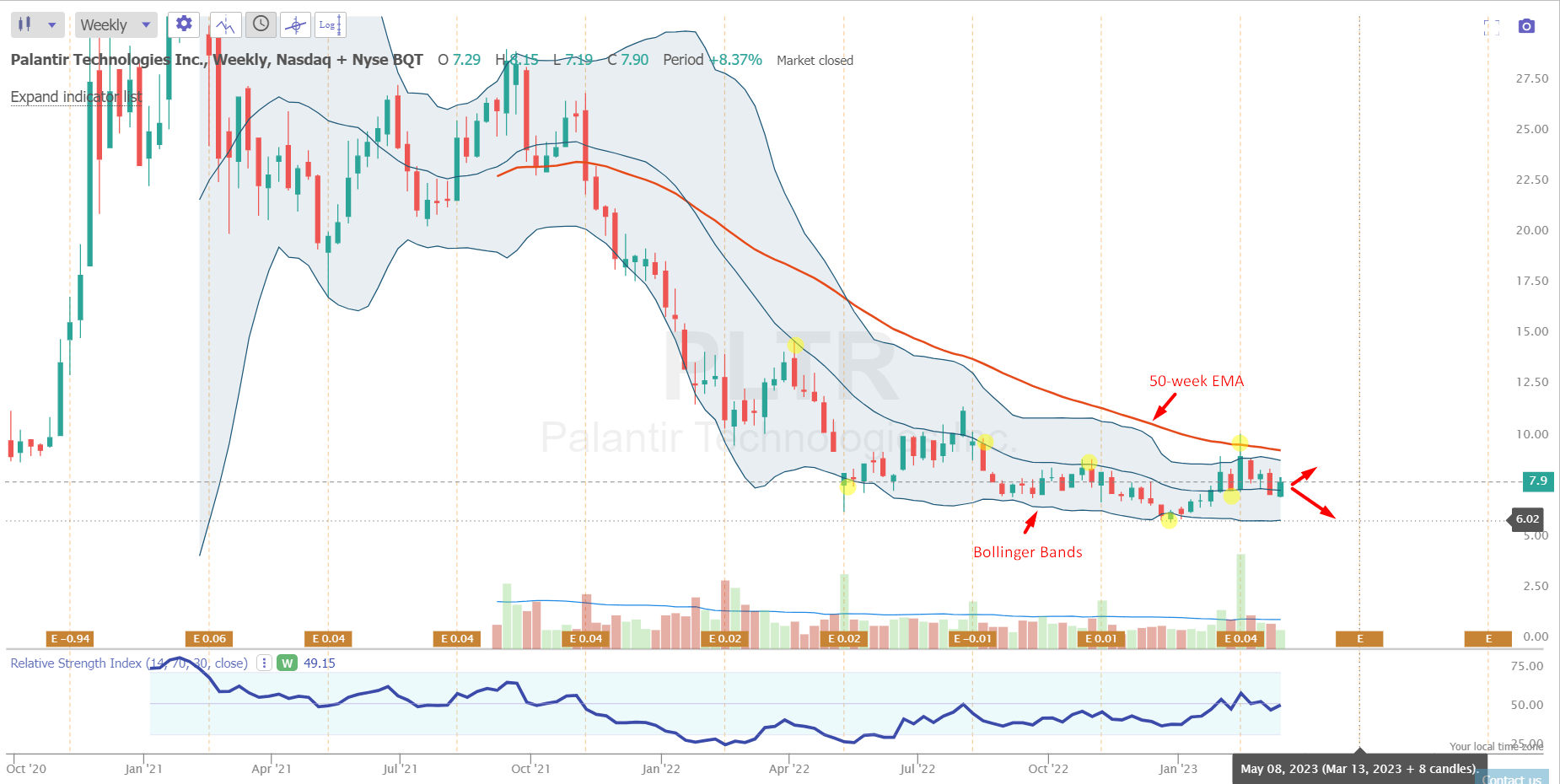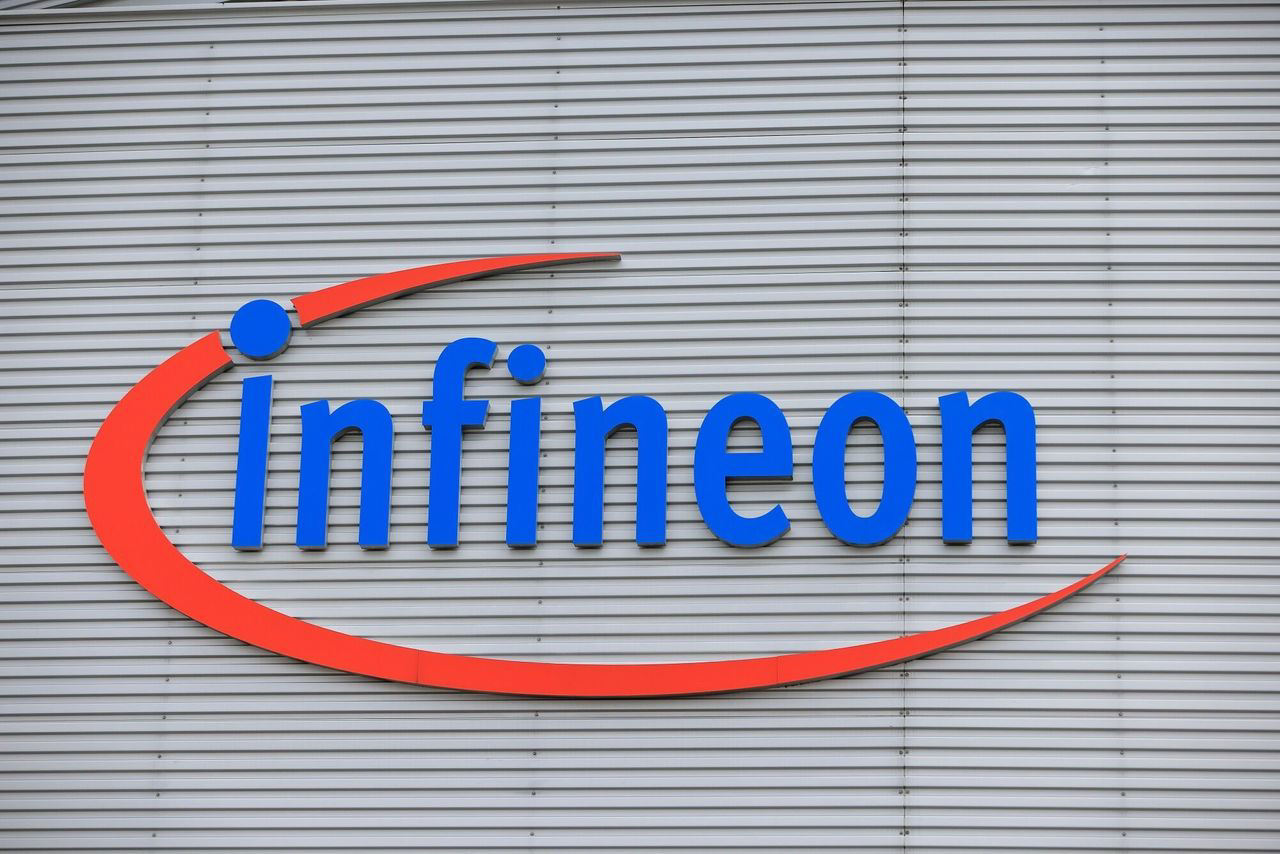Hollywood Shutdown: Writers And Actors On Strike, Impacting Film And Television

Table of Contents
The Core Issues Fueling the Hollywood Strike
The Hollywood strike is not just about money; it's about the future of work in the entertainment industry. Several interconnected factors have brought writers and actors to this point.
Fair Wages and Residuals in the Streaming Era
The rise of streaming platforms has fundamentally altered the landscape of film and television. Unlike traditional network television, streaming services often offer significantly lower residuals to writers and actors. This means that while a show might be a massive success on a platform like Netflix or Amazon Prime, the people who created it don't necessarily reap the financial rewards.
- Decreased residuals for streaming shows: Actors and writers are receiving a fraction of the compensation they would have earned for a similarly successful show on network television.
- Fight for fair compensation relative to streaming profits: Streaming giants are generating enormous profits, yet the compensation model for creatives hasn't adapted proportionally.
- Impact on mid-level and background actors: The shift to streaming has disproportionately harmed mid-level and background actors, who often rely on residuals to supplement their income.
The Threat of Artificial Intelligence (AI)
The use of artificial intelligence in scriptwriting and performance is a major point of contention. Both writers and actors fear the potential for AI to replace human creativity and talent.
- Examples of AI-generated scripts: AI tools are increasingly capable of generating scripts, raising concerns about the devaluation of human writers' skills.
- Potential for AI to replace human actors: AI-generated deepfakes and other technologies could potentially replace actors, eliminating jobs and undermining the actors' craft.
- Ethical concerns around AI usage in creative industries: The ethical implications of relying on AI to generate creative content are significant and require careful consideration.
Working Conditions and Power Imbalances
Beyond wages and AI, the strikes also highlight broader issues of working conditions and power imbalances within the entertainment industry.
- Long working hours: The industry is notorious for its demanding schedules and long working hours, often exceeding reasonable limits.
- Lack of health benefits: Many actors and writers struggle to access adequate health insurance and other benefits.
- Harassment and discrimination issues: Systemic issues of harassment and discrimination persist within the industry, impacting the safety and well-being of workers.
The Ripple Effects of the Hollywood Shutdown
The Hollywood strike's impact extends far beyond the actors and writers themselves. The ripple effects are being felt across numerous sectors.
Impact on Production Schedules
The shutdown has brought film and television production to a near standstill.
- Specific examples of delayed film releases: Many highly anticipated films have already been delayed, pushing back release dates indefinitely.
- Cancelled television seasons: Several television shows have had their seasons cancelled or significantly delayed.
- Impact on independent productions: Independent filmmakers and production companies are particularly vulnerable to the economic consequences of the strike.
Economic Consequences for Related Industries
Numerous industries reliant on Hollywood's activity are suffering economically.
- Job losses in related industries: Catering companies, transportation services, and post-production houses are experiencing significant job losses.
- Economic downturn in affected communities: The economic impact is acutely felt in communities that rely heavily on film and television production.
- Financial losses for businesses dependent on film and television production: Businesses that cater to the film industry are facing significant financial strain.
The Impact on Consumers
Viewers are also feeling the effects of the strike.
- Lack of new releases: The pipeline of new movies and television shows has dried up.
- Delays in anticipated shows: Fans are facing delays for their favorite shows, with no clear timeline for when production will resume.
- Impact on streaming services' content libraries: Streaming platforms are facing content shortages, impacting subscriber satisfaction.
Potential Outcomes and Future of the Hollywood Strike
The outcome of the Hollywood strike remains uncertain, with various potential scenarios playing out.
Negotiation Strategies and Potential Resolutions
Both sides are engaged in complex negotiations, employing various strategies.
- Possible concessions from studios: The studios may need to make significant concessions regarding wages, residuals, and AI regulations to reach a settlement.
- Potential for a prolonged strike: If negotiations fail, the strike could continue for an extended period, further deepening the industry's crisis.
- Different settlement scenarios and their implications: Various settlement scenarios have different implications for the future of the industry, including the potential for increased union power and changes in working practices.
Long-Term Implications for the Industry
The strike has the potential to reshape the entertainment industry's future.
- Changes in industry practices: The strike may lead to significant changes in how the industry operates, including fairer compensation models and stronger union protections.
- Potential for increased union power: The strike could significantly strengthen the bargaining power of both the WGA and SAG-AFTRA.
- The long-term impact on creative work: The strike's outcome will have a long-term impact on how creative work is valued and compensated within the entertainment industry.
Conclusion
The Hollywood shutdown, fueled by crucial issues surrounding fair wages, the unchecked expansion of AI in creative processes, and deeply ingrained power imbalances, is severely impacting film and television production and related industries. The strike underscores the need for significant changes within the entertainment industry to ensure fair compensation, protect creative workers from exploitation, and address the ethical challenges posed by AI. Stay informed about the evolving situation of the Hollywood strike and its effects on your favorite shows and movies. Follow the updates on the WGA and SAG-AFTRA websites for the latest news and developments surrounding the actors' strike and writers' strike. Support fair labor practices in the entertainment industry by staying engaged with the Hollywood strike and its impact on film and television.

Featured Posts
-
 Sensex Today 800 Point Surge Nifty Above 18 500 Live Stock Market Updates
May 10, 2025
Sensex Today 800 Point Surge Nifty Above 18 500 Live Stock Market Updates
May 10, 2025 -
 Elon Musk Net Worth Dips Below 300 Billion Impact Of Tesla Stock And Market Conditions
May 10, 2025
Elon Musk Net Worth Dips Below 300 Billion Impact Of Tesla Stock And Market Conditions
May 10, 2025 -
 Is Palantir Technologies Stock A Buy Now A Comprehensive Analysis
May 10, 2025
Is Palantir Technologies Stock A Buy Now A Comprehensive Analysis
May 10, 2025 -
 Trump Tariffs Weigh On Infineon Ifx Sales Guidance Revised Downward
May 10, 2025
Trump Tariffs Weigh On Infineon Ifx Sales Guidance Revised Downward
May 10, 2025 -
 Harry Styles Snl Impression The Reaction That Broke The Internet
May 10, 2025
Harry Styles Snl Impression The Reaction That Broke The Internet
May 10, 2025
